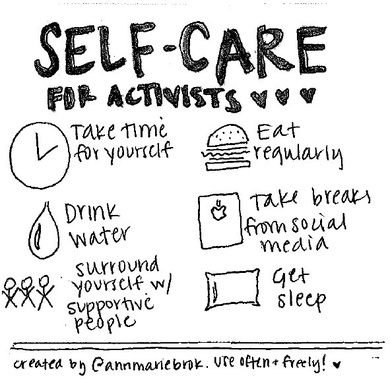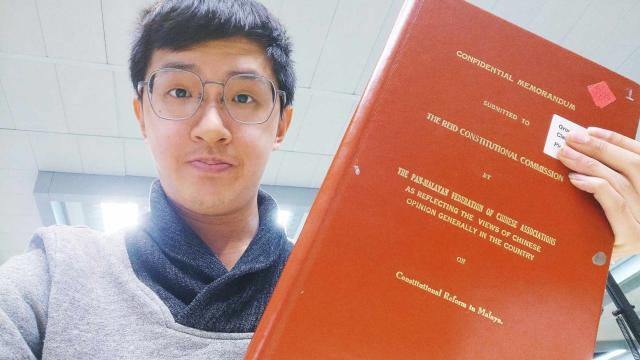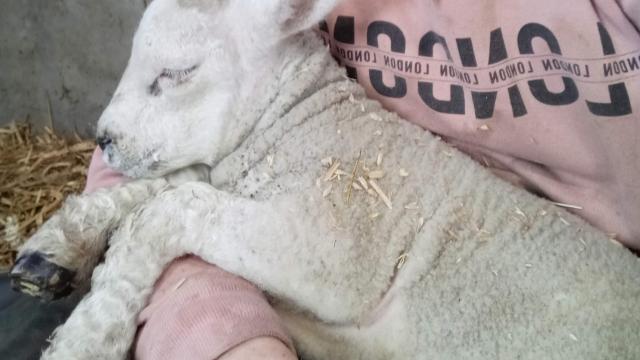
The world has always been a complicated place. We want to know how to live well - to reach our potential, make good decisions about the present and the future, and feel on top of things, like we're not only coping, but thriving.
Thinking about Climate Change
We are more aware than ever of the impact that climate change will have on the planet and on human life, and the urgency of the problem is giving rise to anxiety as well as to the quest for solutions. This article describes climate anxiety, a contemporary phenomenon experienced by people across the world. Concern about the climate can lead to us making personal lifestyle changes. It may lead us to engage in activism,and campaigning to put pressure on governments, businesses and institutions to make changes for the better. But it can also give rise to feelings of despair, anxiety, and hopelessness about the future. Being the generation with the responsibility to put right what humanity has been doing wrong is a heavy burden to bear, and the challenge to work out what 'living well' means in the light of the climate emergency is very real. Keeping up to speed with the science and focusing on the things we can do that make most positive impact is a good place to start. If this is something you would like to explore further, contact Ally for more information about the Green Working Group and how you might get involved, and visit the sustainability page of the website.
Facing inequality and discrimination
The stories that make the news are just a hint of the everyday inequality and discrimination that people experience because of their race, gender, sexuality, disability, religion, or any aspect of their identity. Incidents that may seem small individually are often part of a pattern which, over time, creates a level of ongoing stress that has emotional, physical and psychological impact. Processing emotions and thoughts may be challenging, both for those who have experienced discrimination, and those who are confronting their own prejudices. Support is also available from the College Health and Wellbeing Team, and there are reporting processes in place in the College and University (as well a through the police) for incidents of harassment, hate speech or violence.
The Equality, Diversity and Inclusion working group at St Catharine's works on helping the whole College community to combat discrimination of all kinds, address systemic inequalities, and promote ways for us to celebrate one another in all our diversity. There are lots of ways to get involved in this work as it develops. For more details, visit the Equality, Diversity and Inclusion webpage and also the Care + webpage.
Practices for living well
Here are some tried and tested practices that can help generally as we seek to live well in complex times.
- Look after yourself
It's OK to pay attention to your own wellbeing - you matter. Also, everyone is different - what helps one person may not help another. Some people find meditation or mindfulness helpful, while others find spending time outdoors, cooking, or singing is what helps them relax, recover and regroup. Above all, accepting ourselves for who we are is really important for our ability to live well - the world only has one of you in it, and your life's work is to be the person that only you can be. There are lots of ideas for self-care, as well as details of all the places you can seek support for your wellbeing here and here.
- Look out for one another
Paying attention to one another's needs alongside our own, practising kindness, offering encouragement, and learning to see things from other people's perspective can all help us to feel more connected, as well as making the world a better place. Supporting our friends when they are struggling can also be quite challenging, and it's OK to ask for help as you support others - if you start to feel out of your depth, or become very concerned about someone else's welfare, please contact the welfare team for advice.
- Manage your news feed
Any significant issue generates a quantity of news and speculation that can be overwhelming. It's good to be informed, but worth being discerning about how often we check the news, and which new sites we engage with. Try to balance the disturbing or worrying news with good news stories, and avoid being drawn into destructive arguments on social media. It's OK to take a break from the news and media from time to time, so that your mind can rest and be replenished. It can also be helpful to ready or watch variety of viewpoints on particular news stories, so that you avoid an 'echo chamber', but your mental wellbeing must come first, and if particular news feeds are negatively affecting your wellbeing, it is OK to block them.
- Keep a journal, blog or vlog
Experiences that are new and strange at first rapidly becoming the new normal. Writing a journal each day can help you acknowledge the difficulties when they arise, so that you can look back and see how your coping strategies are working and you are able to adapt to changing circumstances. It will also give you a starting point for developing your own narrative of this experience over time. You may want to keep your journey private, or share it with a friend, or store it on a blog (a blog can be set up as private, or only visible to particular people, it doesn’t have to be for the whole world).
- Tell stories
Stories are how we make sense of the world and of our lives. Keeping a journal is an ongoing and long story, but you can also tell small stories that capture a feeling or encounter or experience that may be quite fleeting. Again, you can write or vlog these stories for yourself or to share. Stories tend to evolve in the telling, as the people who hear your story respond to different aspects of it. You can narrate and re-narrate the same experience in different ways. Telling stories gives us a sense of agency over the way we interpret our experiences, and enables us to dig deeper to generate what feels like an authentic account of our experiences.
- Create art
Doodle, draw, paint, create a photo montage, make Plasticine models, write a poem, work on a song…. anything that helps you process what you're feeling. You can choose whether to share your art with others (either at the time or later), or whether it's just for you.
- Engage positively
When confronted with significant challenges, whether they are global or personal, we can sometimes feel powerless. With the right support, however, we may find that we can engage actively in changing things for the better; this can be empowering, and help us feel less overwhelmed. Understanding the extent and potential of our own agency is an important aspect of living well through complex times - working out what we can control and what we can't, and who we can call on for support. Some people find that activism (of various kinds) can a positive way of responding to stress, for instance when responding to the threat of climate change, or engaging in anti-racism. Activism can also be exhausting, and we can't give our whole selves to every issue; it's also important to share the burden and to take a break when we need it, as well as being a good ally.

If you find yourself getting very anxious, please look at the resources and advice on the mental health support page, and remember, you can contact the health and wellbeing team if you need to talk things through with someone.




